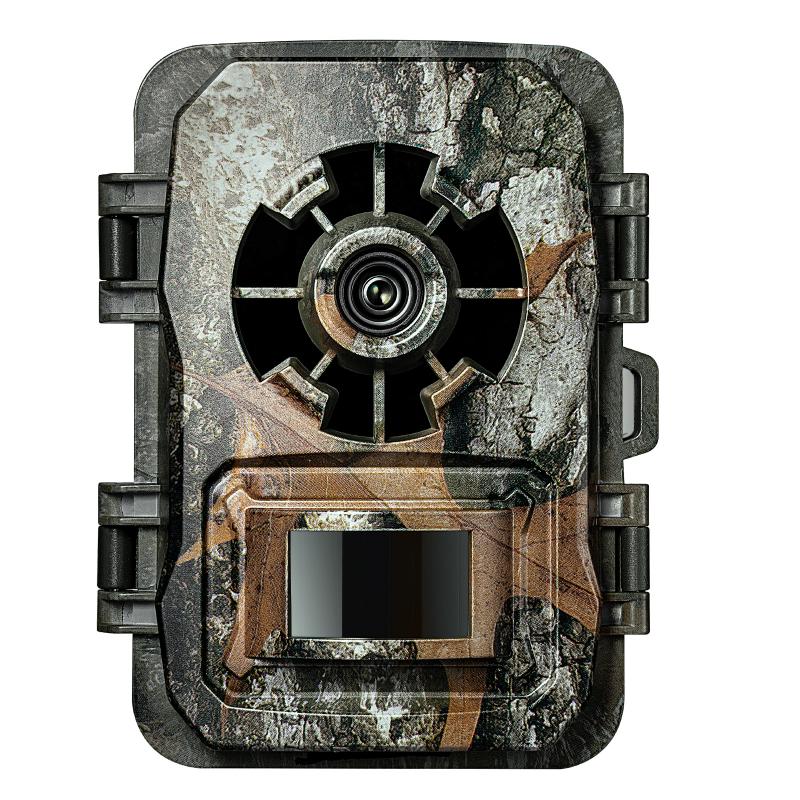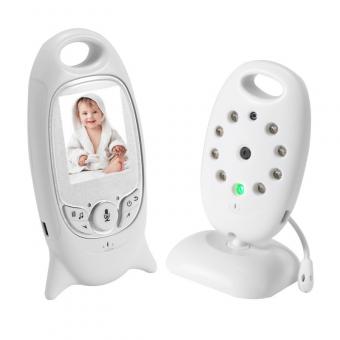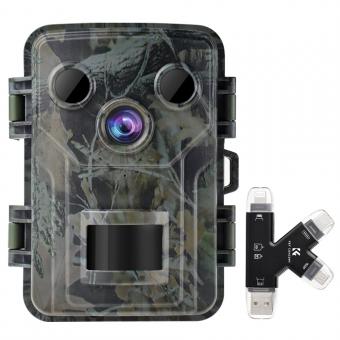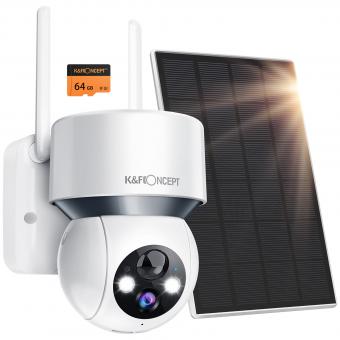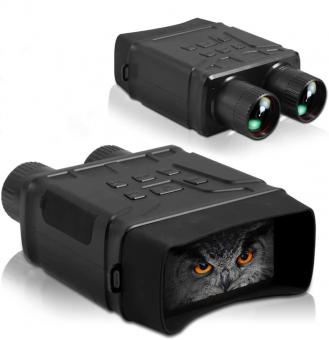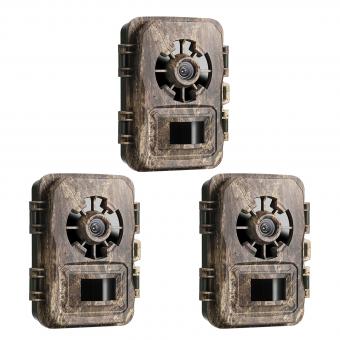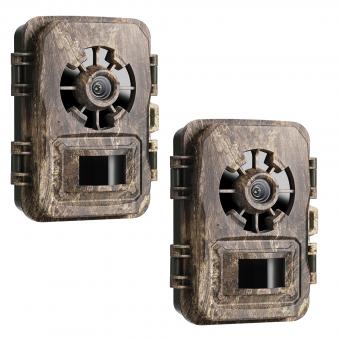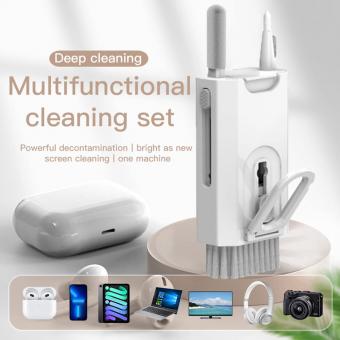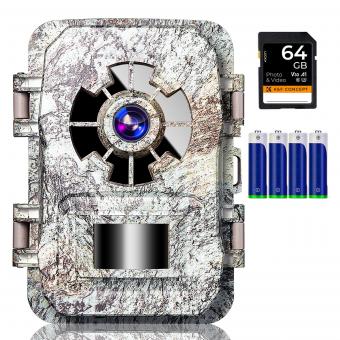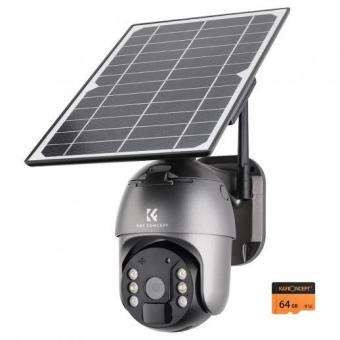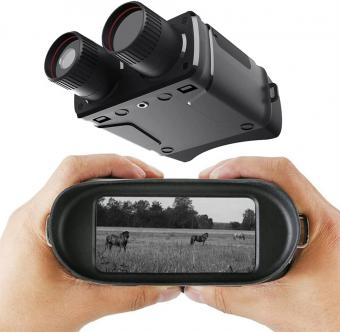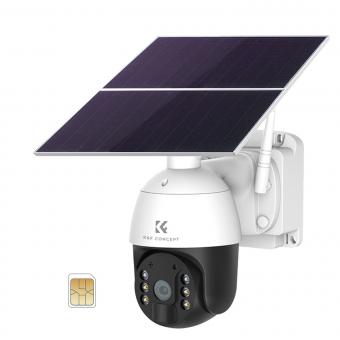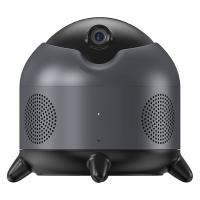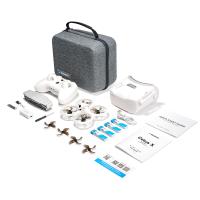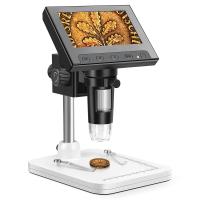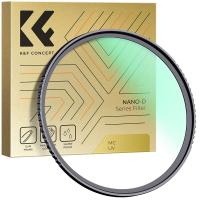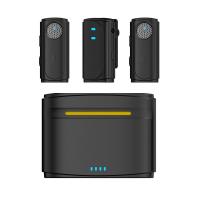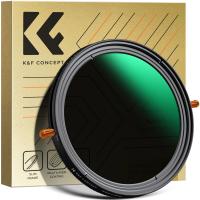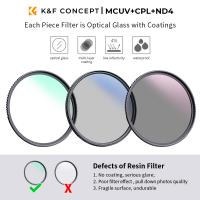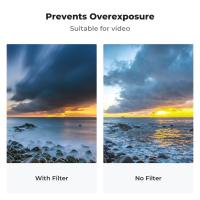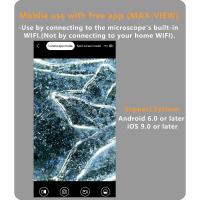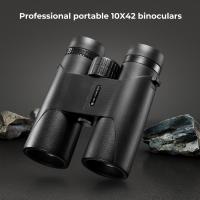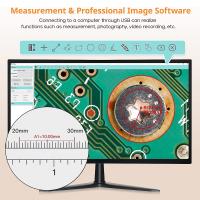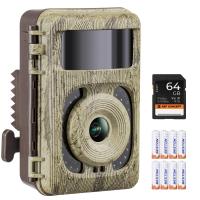How To Improve My Night Vision ?
There are several ways to improve night vision, including:
1. Eating a diet rich in Vitamin A, which is essential for good vision in low light conditions.
2. Getting enough rest and sleep, as fatigue can impair night vision.
3. Avoiding smoking and excessive alcohol consumption, as they can damage the eyes and impair vision.
4. Wearing appropriate eyewear, such as glasses or contact lenses, to correct any vision problems.
5. Using night vision devices, such as binoculars or goggles, to enhance vision in low light conditions.
6. Allowing your eyes to adjust to the dark by avoiding bright lights before going outside at night.
7. Using ambient lighting, such as low-level outdoor lighting or dimmer switches indoors, to help your eyes adjust to low light conditions.
8. Practicing good eye hygiene, such as avoiding rubbing your eyes and keeping them clean and moisturized.
1、 Eye Health and Nutrition
How to improve my night vision? One of the most important factors in improving night vision is maintaining good eye health and nutrition. Eating a balanced diet rich in vitamins A, C, and E, as well as zinc and omega-3 fatty acids, can help improve overall eye health and function. Foods such as carrots, spinach, sweet potatoes, salmon, and nuts are all great sources of these nutrients.
In addition to a healthy diet, regular exercise and getting enough sleep can also improve night vision. Exercise helps improve blood flow to the eyes, while getting enough sleep allows the eyes to rest and recover.
Another important factor in improving night vision is reducing exposure to blue light, which can disrupt the body's natural sleep-wake cycle and cause eye strain. This can be achieved by limiting screen time before bed and using blue light-blocking glasses or filters on electronic devices.
Finally, it's important to have regular eye exams to detect any underlying eye conditions that may be affecting night vision. Conditions such as cataracts, glaucoma, and macular degeneration can all cause vision problems, including difficulty seeing in low light conditions.
Overall, maintaining good eye health and nutrition, reducing exposure to blue light, and having regular eye exams can all help improve night vision.
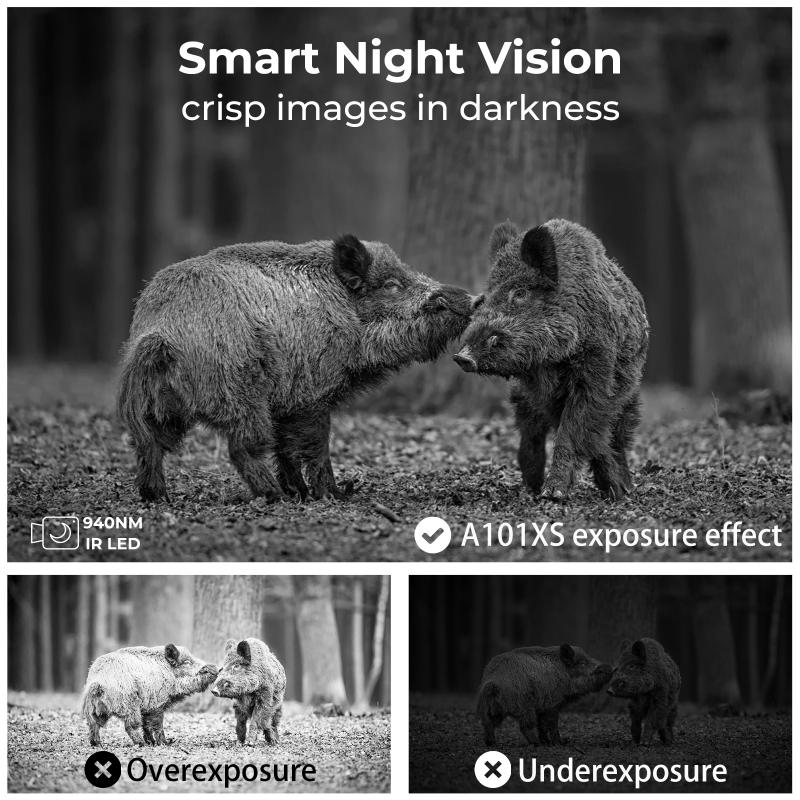
2、 Adjusting to Low Light Environments
How to improve my night vision? One effective way is by adjusting to low light environments. This means gradually exposing yourself to dimmer lighting conditions, allowing your eyes to adapt and become more sensitive to light. This can be done by gradually reducing the amount of light in your home or workspace, or by spending more time in outdoor environments with minimal lighting.
Another way to improve night vision is by consuming foods rich in Vitamin A, which is essential for maintaining healthy eyesight. Foods such as carrots, sweet potatoes, and leafy greens are excellent sources of Vitamin A and can help improve your night vision over time.
Additionally, it is important to protect your eyes from harmful blue light emitted by electronic devices such as smartphones and computers. Blue light can disrupt your sleep patterns and cause eye strain, which can negatively impact your night vision. Using blue light blocking glasses or reducing screen time before bed can help protect your eyes and improve your overall vision.
Finally, regular eye exams are crucial for maintaining healthy eyesight and detecting any potential vision problems early on. Your eye doctor can provide personalized recommendations for improving your night vision based on your individual needs and lifestyle.

3、 Using Night Vision Devices
How to improve my night vision? One effective way is to use night vision devices. These devices use advanced technology to amplify the available light and make it easier for you to see in low-light conditions. Night vision devices come in various forms, including goggles, binoculars, and scopes.
The latest night vision devices use digital technology, which provides better image quality and clarity. They also have longer battery life and are more durable than older models. Some devices even have built-in infrared illuminators, which emit light that is invisible to the human eye but can be detected by the device, further enhancing your night vision.
Another way to improve your night vision is to adjust your eyes to the dark. This can be done by avoiding bright lights before going out at night and allowing your eyes to adjust to the darkness gradually. Additionally, eating foods rich in vitamin A, such as carrots and sweet potatoes, can help improve your night vision.
It is important to note that while night vision devices can be helpful, they should not be relied upon solely for navigation or safety. It is still important to exercise caution and use common sense when navigating in low-light conditions.
In conclusion, using night vision devices is an effective way to improve your night vision. The latest digital technology provides better image quality and clarity, and adjusting your eyes to the dark and eating vitamin A-rich foods can also help. However, it is important to exercise caution and not rely solely on these devices for navigation or safety.

4、 Avoiding Glare and Bright Lights
How to improve my night vision? One of the most effective ways to improve your night vision is by avoiding glare and bright lights. Glare can cause temporary blindness and make it difficult to see in low light conditions. Bright lights can also cause your pupils to constrict, reducing the amount of light that enters your eyes and making it harder to see in the dark.
To avoid glare and bright lights, you can try wearing polarized sunglasses during the day to reduce the amount of glare that enters your eyes. You can also adjust the brightness of your electronic devices, such as your phone or computer, to reduce the amount of blue light that is emitted.
At night, you can try to avoid looking directly at oncoming headlights or streetlights. Instead, focus on the road ahead and use your peripheral vision to navigate. You can also try using a red light flashlight, which is less likely to cause your pupils to constrict and can help preserve your night vision.
It's important to note that as we age, our night vision naturally declines. However, there are some steps you can take to slow this process, such as eating a healthy diet rich in vitamins A and C, getting regular exercise, and avoiding smoking.
In addition, recent studies have shown that exposure to blue light from electronic devices can disrupt our circadian rhythm and affect our sleep quality, which can in turn affect our night vision. So, it's important to limit your exposure to blue light before bedtime and create a dark, relaxing environment to promote healthy sleep and preserve your night vision.
